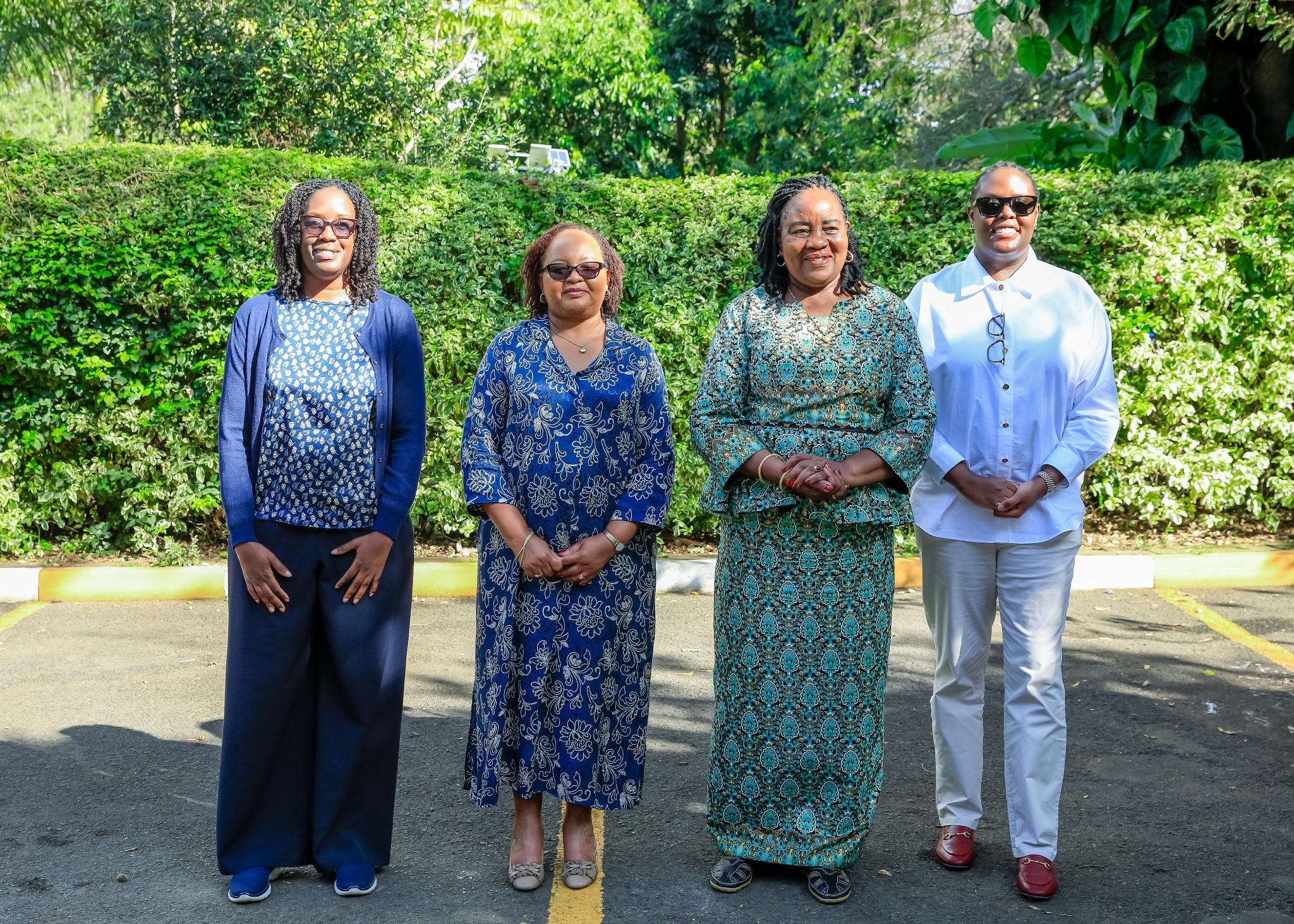
Principal Secretary, State Department of Roads Eng. Joseph Mbugua (front row, centre) joins engineering industry and academia stakeholders after officially opening the Global Engineering Capability Review (GECR) Nairobi Round Table, a safety in construction workshop convened by the Engineers Board of Kenya and the Royal Academy of Engineers (UK) with support from Lloyds Register Foundation (UK). Photo Courtesy/Engineers Board of Kenya.
Stakeholders in Kenya’s engineering and construction sectors have been encouraged to strengthen collaboration and prioritize safety practices during the Global Engineering Capability Review (GECR) 2025 Nairobi Roundtable.
The three-day workshop, held from 11–13 November, 2025, aimed to facilitate dialogue among government agencies, professional bodies, academia, and industry players on improving safety outcomes across the construction sector.
Speaking at the opening session, Eng. Joseph Mbugua, Principal Secretary at the State Department of Roads, highlighted the central role of engineering in Kenya’s economic transformation.
“Our national development is only as strong as our engineering foundation,” said Eng. Mbugua.
“Major initiatives under Vision 2030, the Fourth Medium-Term Plan (2023–2027), and the Bottom-Up Economic Transformation Agenda (BETA) depend on robust infrastructure and skilled engineers to design, execute, and maintain complex systems.”
He cited key national projects, including the Lamu Port-South Sudan-Ethiopia Transport (LAPSSET) corridor, Standard Gauge Railway (SGR), Nairobi Expressway, Mau Summit Toll Road, and the Kenya Highways Improvement Programme (KeHIP), as examples of how engineering capacity underpins infrastructure growth.
The Nairobi roundtable brought together key actors from Kenya’s engineering ecosystem to:
Examine GECR findings that link skills development with construction safety outcomes.
Support ongoing dialogue between government, academia, professional engineers, and industry.
Identify data gaps and opportunities for evidence-based interventions.
Explore potential partnerships to strengthen safety standards and engineering capacity.
The GECR 2025 is a global study assessing how investments in engineering skills and capacity influence safety and innovation outcomes.
Covering 115 countries across 10 capacity areas and 76 indicators, it highlights national strengths and opportunities for targeted policy and investment.
The initiative is part of Engineering X, a collaboration between the Lloyd’s Register Foundation and the Royal Academy of Engineering (UK). Engineering X engages stakeholders worldwide to validate findings, identify data needs, and foster partnerships to strengthen engineering ecosystems.
Following events in the United Kingdom, Uganda, South Korea, and Myanmar, the Nairobi workshop was the first in-person session focusing specifically on construction skills and safety in Kenya.
It was co-hosted by the Royal Academy of Engineering and the Engineers Board of Kenya (EBK). Kenya’s construction industry contributes approximately 7 per cent of the national GDP and employs hundreds of thousands across formal and informal sectors.
However, safety remains a persistent challenge, with reports from professional bodies highlighting concerns about compliance, skills gaps, and site supervision.
The GECR’s emphasis on data-driven capacity development aims to support safer, more sustainable growth in the sector.














